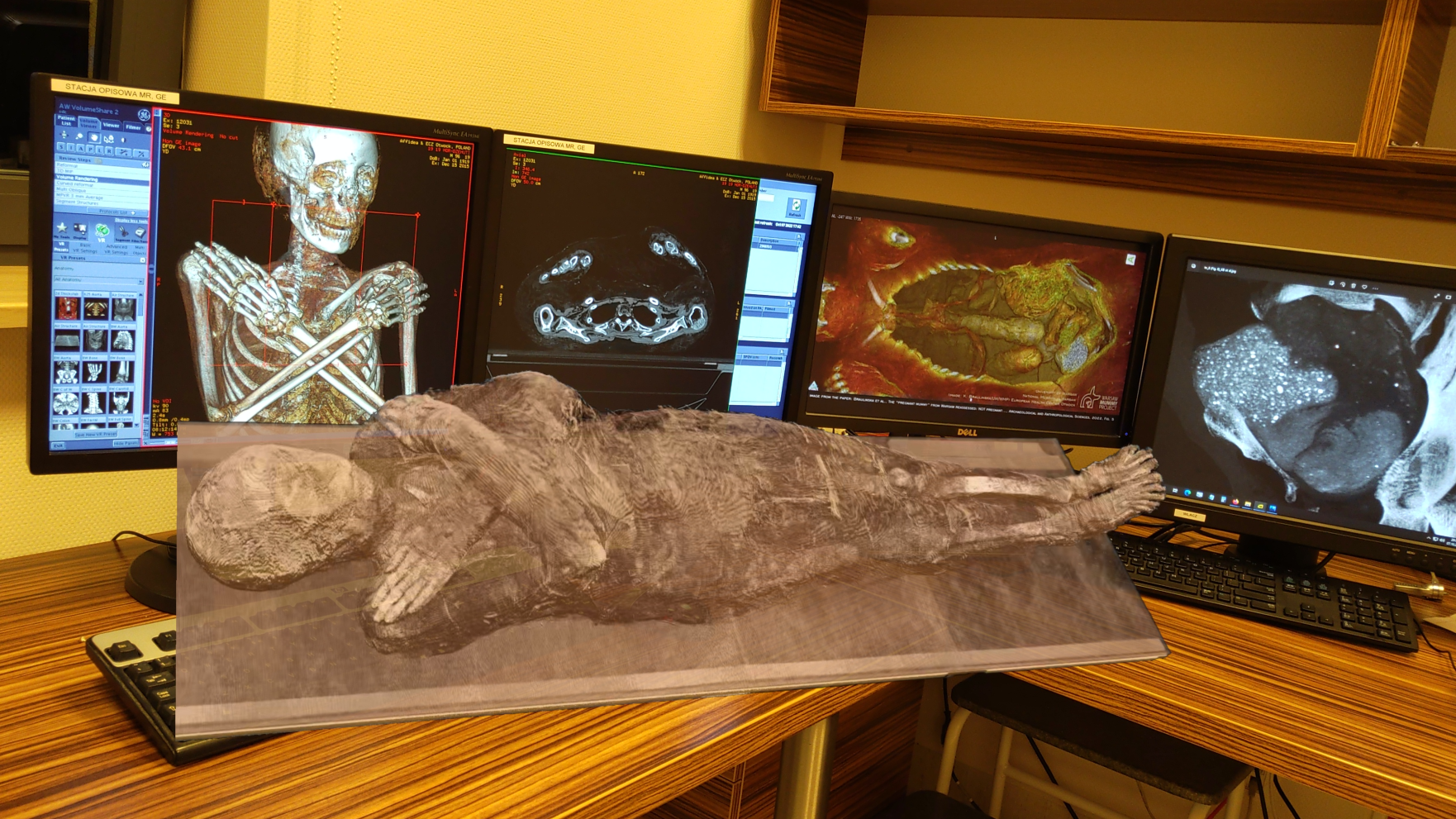A cave explorer tastes a salt rock in Malham cave within Mount Sodom, located near the southern part of … [+]
AFP via Getty Images
Jan Zalasiewicz, a geology professor and author from the UK and Poland, has been awarded this year’s Ig Nobel Prize in the category of “Geology & Chemistry” for his essay written in 2017 on the topic of why geologists have an inclination towards licking rocks.
Due to the restrictions imposed by the coronavirus pandemic, the conventional ceremony at Harvard University’s Sanders Theater was not possible. Nonetheless, the winners and the jury came together online, representing countries such as the United States, Spain, Switzerland, Canada, Vietnam, France, the United Kingdom, South Korea, India, China, Malaysia, and Iran.
The Ig Nobel Prize is dedicated to recognizing research that “provokes laughter and encourages contemplation.”
“Licking rocks is an essential part of a geologist’s and paleontologist’s toolkit, which has been repeatedly tested and proven to be useful when working in the field,” Zalasiewicz explains.
The earliest field guides, dating back to the late 18th century, included descriptions of taste as a means to aid in mineral identification. Minerals could be tasteless, salty, bitter, dusty, or musty.
Giovanni Arduino, an Italian mining engineer and scholar (1714-1795), documented how a mudrock collected in the Dolomites possessed “a taste that was both bitter and urinous; when spat out, it left a certain sweetness and made the tongue feel numb”. This taste was likely due to the presence of trace amounts of coal and sulfur minerals in the sedimentary rock.
During a time when obtaining chemical analysis equipment was challenging, particularly equipment small enough for field or mining work, the tongue, with its ability to detect molecules, served as a valuable tool to shed light on the mysteries of rocks. Zalasiewicz writes, “It allowed some insight into those puzzling yet informative rocks.”
In modern times, the practice of licking minerals has diminished due to the potential health hazards associated with certain chemical compounds (some of which can be lethal) and the availability of compact analytical instruments that can be easily carried.
However, geologists continue to have an affinity for licking rocks (although using water alone is also effective) for one crucial reason: to discern their texture and structure. Texture encompasses the relationship and arrangement of various minerals or components within a rock, while structure refers to the size and shape of these minerals or components. Together, texture and structure form the fundamental basis of rock classification.
“Moistening the surface allows the texture of fossils and minerals to become distinct, avoiding the confusion caused by numerous intersecting reflections and refractions on a dry surface,” Zalasiewicz concludes.














